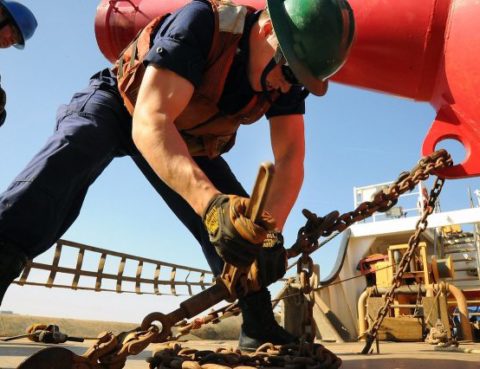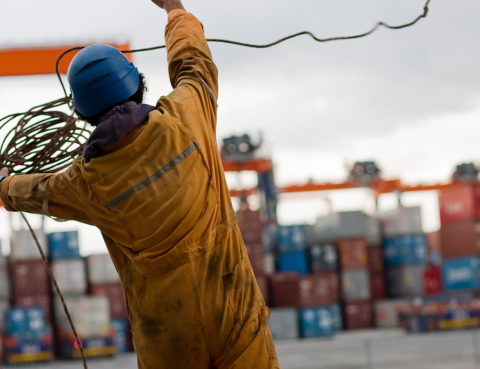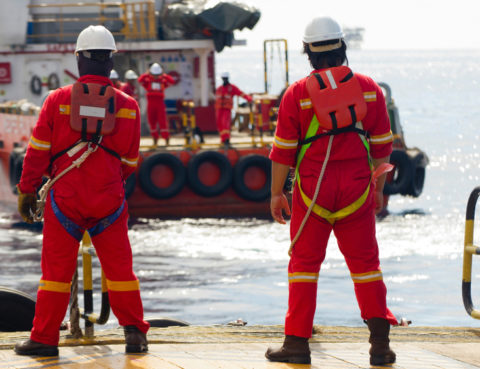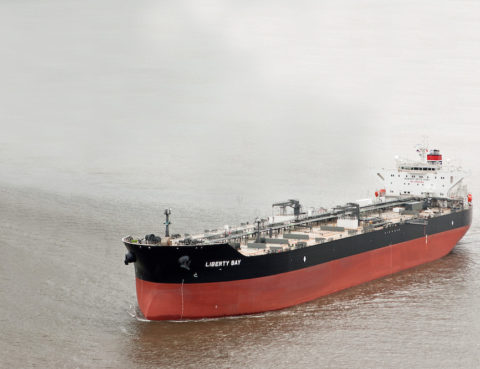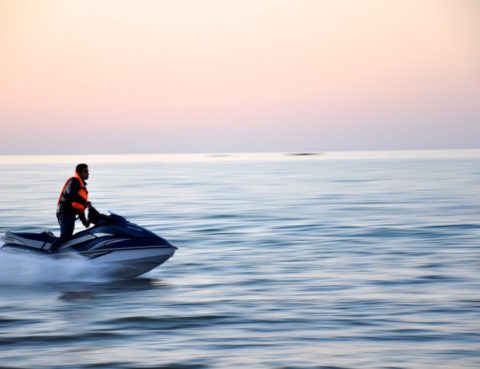This article explains what The Jones Act is and how it protects maritime workers.
If you or a family member has been injured during the course of employment on a seagoing vessel, you may have a claim under the federal Jones Act. It is important to contact an attorney knowledgeable in the Jones Act to determine your possible personal injury claim and answer any questions you may have regarding the Jones Act.
Unsure if you are covered by the Jones Act? Contact the maritime lawyers of Stolpman Law Group to arrange a free consultation about your seaman injury case. Our attorneys have more than 25 years experience in representing maritime workers injured at sea.
The following are just some of the verdicts and settlements we have have successfully obtained for clients…
Whether you work on a cruise ship, a tour boat, a ferry or oil or gas drilling platform, if you suffer a personal injury on the job, you have different — and better — legal rights than do people who work on land. Maritime workers are covered by the Jones Act, which gives injured workers the right to receive compensation for damages caused by on-the-job injuries.
If you fell down a set of rickety stairs and injured your knee while working on shore, you would receive workers’ compensation benefits: medical treatment and a portion of your wages while you are unable to return to work. If you sustained the very same injury while working aboard any type of vessel on navigable waters, you could obtain compensation for the full extent of your damages, including pain and suffering, lost wages, loss of future earning capacity, medical expenses and more…
Questions answered in this article:
- Who is liable if a crew member is injured while working?
- What are navigable waters?
- What are the common causes of boating injuries and fatalities?
- What are some safety measures that can help prevent injuries and deaths from boating accidents?
- Can anyone have a personal injury claim if injured while aboard a watercraft?
- Does maritime law only apply to large commercial ships?
- I suffered an injury while aboard a cruise ship; do I have a claim?
- What are the common boating accident contributing factors?
- When must a boating accident report be filed?
Discussed in this article: The Jones Act, Death on the High Seas, and Maritime claims.
Maritime law, often called admiralty law, is a set of legal rules and practices governing the business of employment and transportation of people and goods over or near navigable waters. If you have been injured while employed by a vessel or while you were a social guest on a vessel, it is important to consult with attorney as soon as possible to help you understand what conditions must be met to apply maritime law.
According to the United States Coast Guard, in the past decade, there has been an increase in registered boats and personal watercraft (PWC) in the United States. In particular, the use of personal watercraft, such as Jet-Skis and other brands, has exploded since the 1990s. Not surprisingly, the United States Coast Guard also reports that each year there has been an increase in boating accidents that have resulted in serious injuries and sometimes death. If you have been injured on a boat, while boating or while engaged in other water sport activities, contact our experienced personal injury attorneys today to learn more about your legal rights. You may be entitled to compensation for your injuries.
In the event your business becomes involved in litigation, knowledge of courtroom procedure is essential. Courtroom procedure can be complicated, and knowing what to expect can enable a business to prepare effectively. In addition, state and federal law govern procedural issues; depending on the jurisdiction and the specific court involved, there may be notable procedural differences.
If you are faced with litigation involving a business transaction or any aspect of your business, our lawyers can provide additional assistance and counsel regarding your jurisdiction, court, and possible legal options for your situation.
The maritime law attorneys of Stolpman, Krissman, Elber & Silver represent passengers who were injured while aboard a boat, ship or other vessel and injured maritime workers who sustained on-the-job injuries. We also represent survivors of those who died a wrongful death due to negligence.
The attorneys of Stolpman Law Group, represent people who were injured by someone other than their employer or a fellow employee while working in shipyards and harbors throughout California. For example, if you were hit by a truck during the loading or unloading of a ship or if you fell and were injured because of a dangerous condition in the work area itself, we will pursue financial compensation on your behalf.
Our lawyers handle so-called third party liability claims for injured longshoremen, harbor workers and others covered by the Longshore and Harbor Workers’ Act, including people working on off-shore oil and gas platforms. In these third party claims, injured workers are able to recover compensation for pain and suffering and other damages not compensated by the Longshore and Harbor Workers’ Compensation Act…


